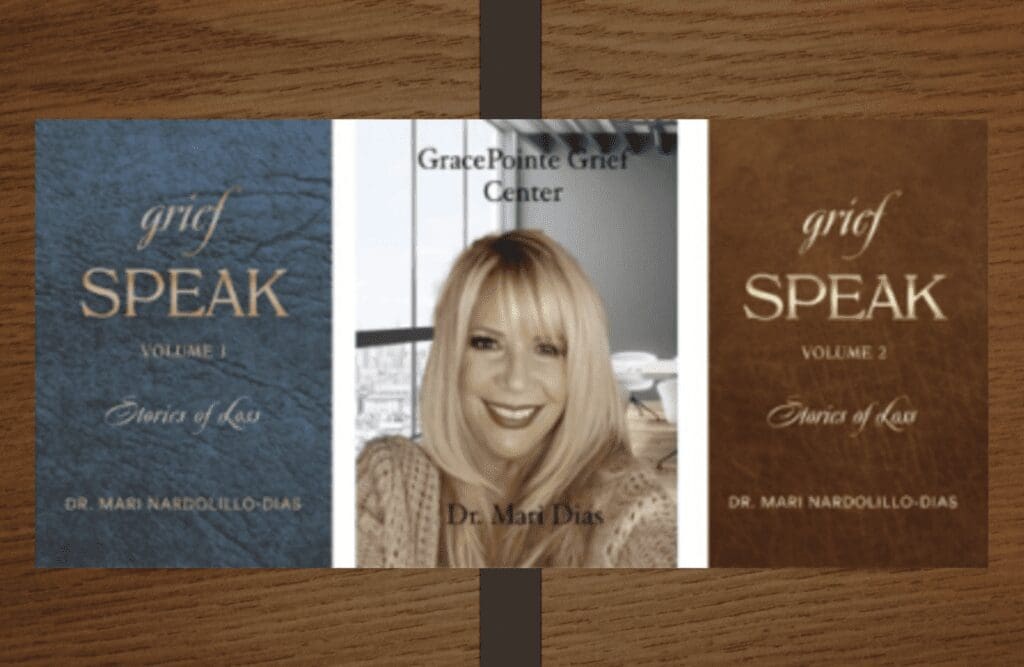Search Posts
Recent Posts
- Vinny Paz to be inducted TODAY into the International Boxing Hall of Fame – CES Boxing June 7, 2025
- In the News… quick recap of the week’s news (6.7.25) June 7, 2025
- Burn with Kearns: Strong without the spend: How scraps became strength tools – Kevin Kearns June 7, 2025
- Rhode Island Weather for June 7, 2025 – Jack Donnelly June 7, 2025
- How to advocate for threatened properties: The Heritage Alliance of Pawtucket June 7, 2025
Categories
Subscribe!
Thanks for subscribing! Please check your email for further instructions.

GriefSPEAK: Write your name on your body – Mari Nardolillo Dias
by Mari Nardolillo Dias, EdD, contributing writer on grief and grieving
They said, “Write your name on your body with waterproof indelible ink.” You know, in case you go missing during a hurricane. It will help them identify us quickly. Many have tattoos that provide a hint of who we are/were. Perhaps a friend or relatives’ signature, carefully designed and crafted as a reminder of who they were. Now we are asked to carefully design and craft our own identity. Somewhere on our bodies that is easily discovered.
I can understand the pragmatic reasoning behind this suggestion, but my insides curl, and then curdle at the thought. I remember major national catastrophes (9/11) and Rhode Island catastrophes (Blizzard 1978, Station Night Club Fire). I suspect we did not think about the indelible ink on our bodies. We were not expecting a disaster, and thus victims were identified by their teeth, a laborious process. I think of the first and second responders responsible for search and recovery and empathize with the possible nightmares and flashbacks. Wading through muddy waters, stepping over debris only to come upon a body facing up, whose eyes are open and staring. At them.
I have a sneaky suspicion that everyone is writing and reporting on the hurricane(s). I guess I am as well. I donate to the “Go Fund Me” pages of friends and strangers who are homeless – I reach out to “Samaritans Purse” and the Red Cross. I am glued to the footage of the devastation. And yet, I cannot get the responders out of my enteric nervous system (belly brain). What have they seen? A drowned puppy left because their owners could not retrieve them – only to find the owners deeply immersed in the same flood, not yet floating. The grief is palatable. Both mine and theirs.
Wars and climate rage. Death comes to those who are too young, too unprepared, too old, too infirm. None are ready. Despite the edict, “If you stay in your homes, you will die.” For grievers, there is little worse than not knowing. Perhaps the only solace for those is the fact that their loved ones are easily identified. They have a waterproof, indelible ink name across their abdomen or chest. As if they were merely signing a pin pad.
Diana Patricia Jones.
___
Access all of Dr. Dias’ columns at: GRIEFSPEAK

Dr. Mari Nardolillo Dias is a nationally board-certified counselor, holds a Fellow in Thanatology and is certified in both grief counseling and complicated grief. Dias is a Certified death doula, and has a Certificate in Psychological Autopsy.
Dias is an Adjunct Professor at CCRI, and Professor of Clinical Mental Health, Master of Science program, at Johnson & Wales University. Dias is the director of GracePointe Grief Center, in North Kingstown, RI. For more information, go to: http://gracepointegrief.com/
